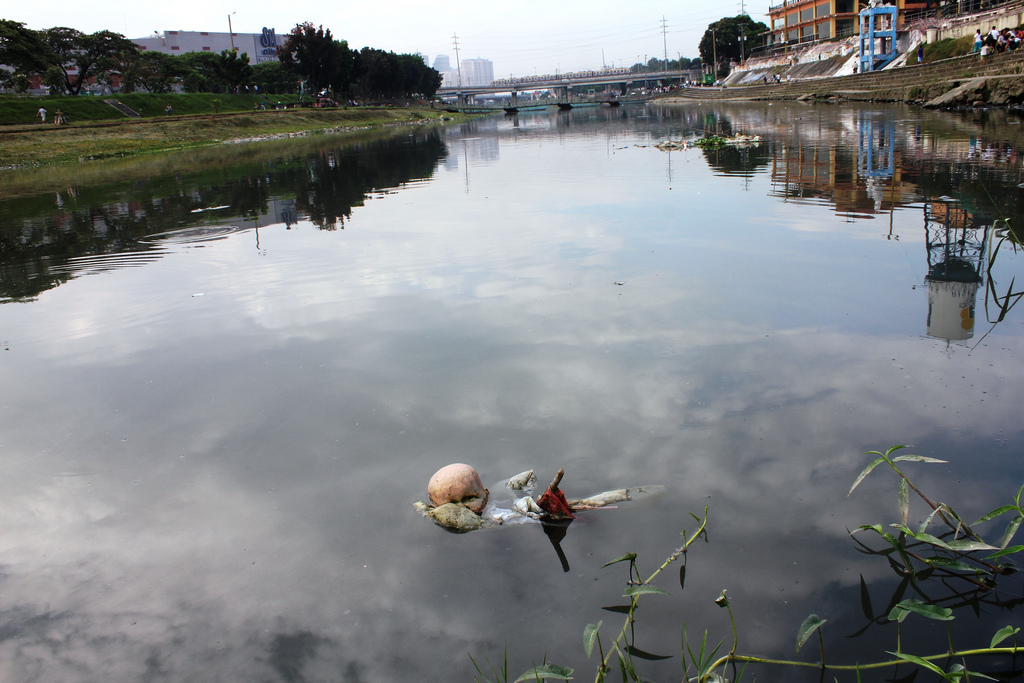We need youth to help lead the way to environmental sustainability. Often the work starts in the classroom. The Elementary Teachers Federation of Ontario has developed classroom ideas and downloadable graphics we can all use to teach young people in our lives about World Water Day (March 22), Earth Day (April 22), Environmental Day (June 5th) and World Ocean’s Day (June 8th). They have also made a list of books written by Indigenous authors available for educators.
According to ETFO:
We can teach students to be stewards of the environment. And we can teach them that standing up for nature means we’re standing up for ourselves and our futures. We can connect climate change to racial, social, gender and economic inequities and encourage students to imagine a world where these inequities are eliminated for all people.
We see the effects of climate change every day, from poor air quality to boil water advisories for Indigenous communities, the impacts of mega oil infrastructure projects, the plastics pollution of our oceans and threats to both humans and wildlife. Climate change affects the social and environmental determinants of health in unequal ways. For example, extreme heat and natural disasters will affect the poor and most vulnerable first. Climate justice is about educating people about what civic engagement means.



